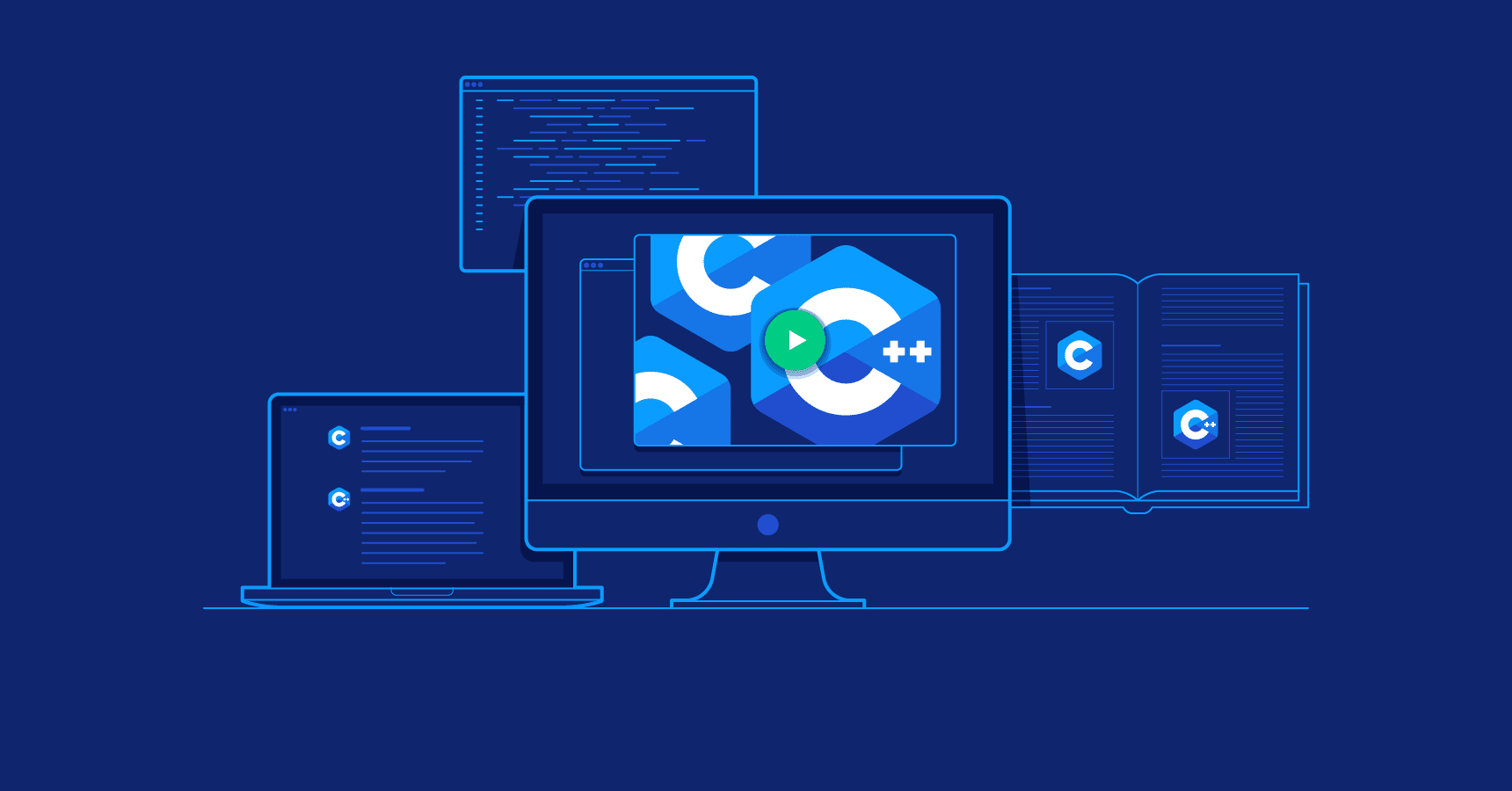Introduction C++ Programming:
C++ programming stands as a cornerstone in the realm of computer science and software development. Renowned for its versatility, performance, and robustness, C++ has been a preferred choice for building a wide array of applications ranging from system software to high-performance games.
Originally developed as an extension of the C programming language, C++ introduces powerful features such as classes, inheritance, polymorphism, templates, and exception handling, making it an ideal choice for both object-oriented and generic programming paradigms.
In this comprehensive guide, we’ll delve into the intricacies of C++ programming, exploring its syntax, features, best practices, and applications. Whether you’re a novice looking to embark on your programming journey or an experienced developer seeking to enhance your skills, this guide will serve as a valuable resource to deepen your understanding of C++ and unlock its full potential in your projects. Let’s dive in!
Understanding the Basics:
At its core, C++ is an object-oriented programming language derived from C, renowned for its efficiency, flexibility, and low-level control. Familiarize yourself with the fundamental concepts of C++, including variables, data types, operators, control structures, functions, and classes. Understanding these building blocks lays a solid foundation for writing efficient and maintainable C++ code.
Exploring Object-Oriented Programming (OOP):
One of the defining features of C++ is its support for object-oriented programming, enabling developers to organize code into reusable objects and classes. Learn how to create and manipulate objects, define class hierarchies, implement inheritance, polymorphism, encapsulation, and abstraction. Mastering OOP principles empowers you to design modular, scalable, and extensible software solutions.
Working with Pointers and Memory Management:
C++ provides direct access to memory through pointers, offering unparalleled control over memory allocation and deallocation. Gain a deep understanding of pointers, memory addresses, dynamic memory allocation (new/delete), smart pointers (unique_ptr, shared_ptr), and memory management techniques. Proficient memory handling is essential for writing robust, error-free C++ code and preventing memory leaks and segmentation faults.
Utilizing Standard Template Library (STL):
The Standard Template Library (STL) is a collection of powerful data structures and algorithms built into the C++ standard library. Explore the various containers (vector, list, map, set), iterators, algorithms, and utility classes provided by the STL. Leveraging the STL streamlines development, enhances code readability, and boosts productivity by eliminating the need to reinvent the wheel for common programming tasks.
Mastering Advanced Features:
Delve into advanced features and idioms of C++ programming, including templates, exception handling, operator overloading, lambda expressions, move semantics, and multithreading. Understanding these advanced concepts enables you to write elegant, efficient, and maintainable code that harnesses the full power of the C++ language.
Best Practices and Code Optimization:
Adopt industry best practices and coding standards to write clean, readable, and maintainable C++ code. Embrace principles such as Don’t Repeat Yourself (DRY), Keep It Simple, Stupid (KISS), and Single Responsibility Principle (SRP) to design modular and reusable code. Additionally, learn techniques for optimizing C++ code for performance, memory usage, and scalability, such as loop unrolling, caching, and algorithmic optimizations.
Practical Applications and Projects:
Apply your knowledge of C++ programming to real-world projects and practical applications across various domains, including software development, game development, system programming, embedded systems, and more. Build your portfolio with hands-on projects that showcase your skills and expertise in C++ programming, demonstrating your ability to solve complex problems and deliver innovative solutions.
Conclusion:
Mastering C++ programming is a journey that requires dedication, practice, and continuous learning. By understanding the fundamentals, exploring advanced concepts, and applying best practices, you can unleash the full potential of this powerful language and become a proficient C++ developer. Whether you’re building high-performance applications, designing scalable systems, or creating immersive games, C++ empowers you to turn your ideas into reality and shape the future of software development. So, roll up your sleeves, dive into the world of C++ programming, and embark on an exciting journey of innovation and creativity.


